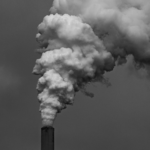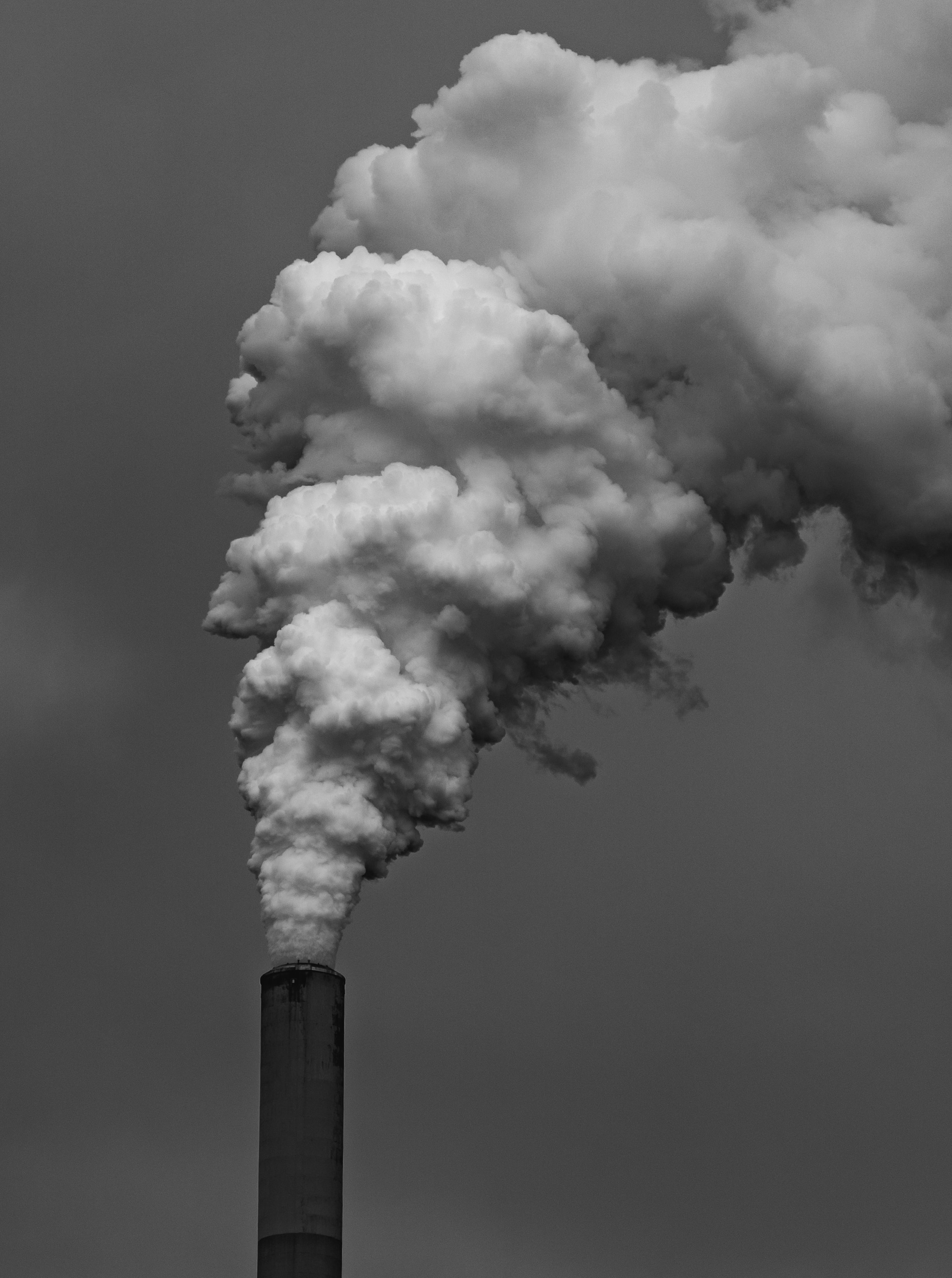Emissions and Oil: Italy does little to decrease dependence on fossils (by C.A. Mauceri)


As soon as he returned from his visit to the USA (full of praise and praise for President Biden and his international politics), the head of the Draghi government proposed himself as a mediator between Russia and Ukraine, calling first Putin and then Zelensky. All useless as it was easy to predict. Russia could never have accepted as mediator one of the countries most committed to giving arms to Ukraine. Zelensky on the other hand, confirmed that he does not want peace at all: not only for the incessant requests for "heavy" weapons addressed to Western countries, but for having declared that he will not bow to any agreement as long as the Russians remain in Ukraine .
Geopolitically useless, these events are nevertheless useful for other reasons.
First of all, they show how, in the face of so many beautiful promises, Italy (and many other countries) are not pursuing "green" policies. According to data from Ember's Global Electricity Review 2022, in Italy the use of solar and photovoltaics contribute only 16% of energy production. Percentages very different from those of Germany (28.8%), Spain (32.9%), Greece (28.7%), Portugal (31.5%) and Holland (24.6%) . Such a significant dependence on fossil fuels has made the country weaker in the face of what is happening. But that's not enough. It made Italy and the Italians victims of the big oil companies. Which, for their part, are doing good business thanks to the Ukrainian crisis. Just to give an example, Chevron one of the largest oil companies in the world had a turnover of tens and tens of billions of dollars with a net profit of billions of dollars and an increase of over 260%! "Third quarter [2021, ed] profits were the highest since the first quarter of 2013 largely due to improved market conditions, strong operating performance and a lower cost structure," said Mike Wirth. Chevron's chairman and chief executive officer. He added, "We paid $ 2.6 billion in dividends, reduced debt by $ 5.6 billion, and repurchased $ 625 million of stock during the quarter." Mind-boggling figures but which give an idea of the earnings and turnover that the large oil companies are doing in the last period. And while the oil companies make a lot of profits, the costs of poor management of the sector and the ten-year delays in the conversion to solar and wind power continue to be passed on to Italian (and European) citizens (in spite of promises and fine words also pronounced in Glasgow in 2021 on the occasion of COP26).
Of course, there is also a downside. In the face of dizzying turnover and frightening profits of ten zeroes, the oil companies would also be the main culprits of the climate change underway. Already in 2017 a research published by the Guardian spoke of over 70% of CO2 emissions attributable to only 100 large oil-related companies. A situation that according to the Carbon Majors Report has been going on since 1988. The research "identifies how a relatively small group of fossil fuel producers can hold the key to systemic change in carbon emissions," said Pedro Faria, technical director of the environmental non-profit organization CDP, which published the report in collaboration with the Climate Accountability Institute. Recent updates have confirmed that nothing has changed (despite the promises made by all governments and the commitments made in the various COPs).
The scariest aspect, perhaps, is that most of these companies are not privately held but state-owned. Companies like Saudi Arabia Aramco from Saudi Arabia. Or Gazprom (Russian). Or the National Iranian Oil Co., obviously Iranian. O Coal India. O Pemex (Mexico). Or PetroChina. And then Venezuela Oil. And many more. Sonatrach is also state-owned by Algeria. It was with this company that the Draghi government would have written a preliminary agreement which also provides for the involvement of ENI (another company with a state-owned partnership): by the end of 2022, three billion cubic meters of more gas should arrive in Italy. An agreement presented as "fundamental for the energy security" of the Bel Paese which focuses above all on gas from Algeria to reduce dependence on Russia. But only by becoming slaves to another foreign supplier (and certainly the situation in Algeria is not much better than that in Russia or Ukraine)! But that's not enough. The agreement already shows some gaps. The project signed in April speaks of a total of 9 billion cubic meters by 2024. But this is a capacity that, at the moment, Algeria is unable to satisfy. Hence, in order to speed up times and guarantee itself a share of gas from Algeria in a short time, ENI will be supporting Sonatrach in the "accelerated development" of new fields. In other words, more oil and gas. Still fossil energy sources. And again dependence on a foreign country. All presented as a strategic "solution", as the result of an exceptional development project, as the result of an exceptional negotiation.
It goes without saying that all this will have a cost not only on the pockets of Italians, but also on their health and on the health of the whole planet. For decades, despite the fine words and promises of political leaders, CO2 emissions have continued to rise. Emissions that are responsible for climate change underway (from rising temperatures to rising sea levels to damage to biodiversity) and incalculable damage to health. A responsibility that should be borne (also economically) on the main culprits of these emissions. This is stated by Principle 16, “the polluter pays”, mentioned in the Rio Declaration on the environment and development, approved at the end of the United Nations Earth Summit in 1992.
If this principle were adopted, the cost to the large oil companies would be enormous.
So what to do in order not to run the risk of being forced to no longer be able to have billions of dollars in profits every year? Simple. Suffice it to question whether there is a direct link between the increase in CO2 emissions and the climate change underway.
This is not a new strategy: the first to adopt it were the manufacturers of tobacco and derivatives accused of being responsible for the deaths of millions of people victims of the consequences of smoking. “Doubt is our product as it is the best means of competing with the 'de facto body' that exists in the minds of the general public. It is also the means to establish a controversy, ”said a few years ago one of the leaders of the big manufacturers of cigarettes and the like.
The concept is that you don't have to provide proof of your non-responsibility – just create a sufficient amount of confusion between the public and the "alleged" negative impact of smoking on people's health. Or, in the case of oil companies, between CO2 emissions and climate change. Which has been done many times, as Naomi Oreskes and Erik Conway explain in their book Merchants of Doubt: it is enough to "convince" (or perhaps it would be better to say "hire") a sufficiently large group of high-level scientists, perhaps with extensive connections policies, and conduct persistent campaigns aimed at misleading public certainty by denying established scientific knowledge. "A well-documented account of how science works and how political motives can hijack the process by which scientific information is disseminated to the public." The authors of the book list seven areas that demonstrate this. Among these (in addition to tobacco), acid rain, the ozone hole, global warming …
A system that works better than you think. Oil companies continue to make nine-figure net profits. And the politicians on duty to make believe that they are doing everything to save the environment. Or to solve the problem of gas arriving from Ukraine …
C.Alessadro Mauceri

Thanks to our Telegram channel you can stay updated on the publication of new articles of Economic Scenarios.
The article Emissions and Petroleum: Italy does little to decrease dependence on fossils (by CA Mauceri) comes from ScenariEconomici.it .
This is a machine translation of a post published on Scenari Economici at the URL https://scenarieconomici.it/emissioni-e-petrolio-litalia-fa-poco-per-diminuire-la-dipendenza-dal-fossile-di-c-a-mauceri/ on Mon, 30 May 2022 07:00:01 +0000.
